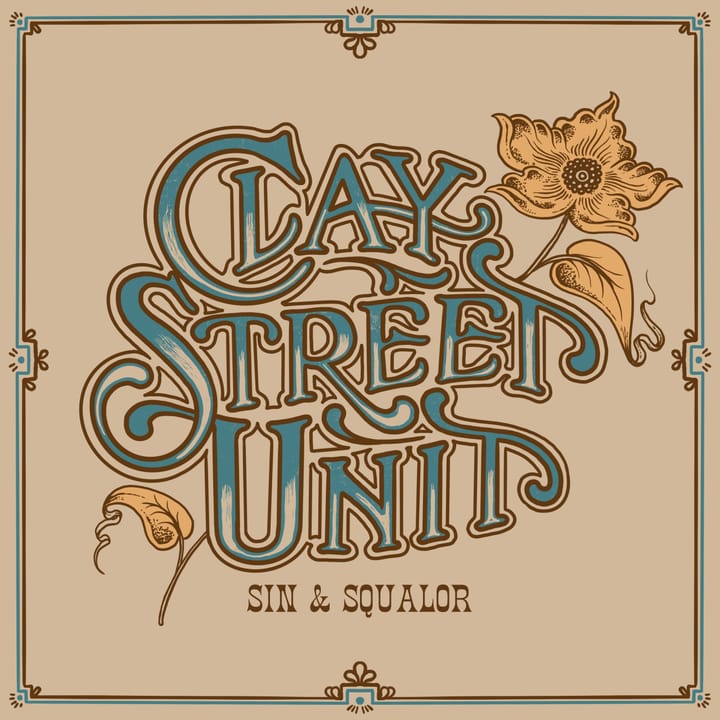On a hot summer's day in 1945, a 4-year-old boy, bored to death by droning speeches at a political picnic, was instantly entranced and electrified when the afternoon was changed from muted tones to vivid technicolor by a little man with big wiry hair who danced and clowned his way across a makeshift stage. When, as a guitar-playing teenager, he recalled it to his parents, he was told that the man was none other than Woody Guthrie.
That memory, and the release of The Live Wire, the first formal offering of Woody Guthrie in performance (a 1940 transcription of Guthrie guesting on Lead Belly's New York radio show can be found online), serve to remind that Guthrie was a humor-driven entertainer who had been, in fact, dancing, singing and playing for live audiences from his early teen years on. Or earlier. As he mentions in his opening monologue, he was coached by his father to make speeches and rhymes from a hay wagon at political rallies when he was just 4 or 5 years old. Yes, Woody was certainly a live wire.
The audio in this CD, which contains eighteen cuts and is presented with a 72-page book, was originally recorded in 1949 by Paul Braverman using the transitional post-WWII wire recording process. It is primitive, but will suffice.
The concert begins with Woody's wife Marjorie, who as commentator/MC/interlocutor introduces him and the concept of folk singing to the small audience. Amid Woody's intro about his Oklahoma roots is a heartfelt but wry description of how the Native Americans in the former Indian Territory were robbed of their bequeathed lands after oil was discovered there in the 1920s, a subject Woody has not dealt with elsewhere. This is just one of many revelations of the man's style and character as the evening rolls along.
The tracks on The Live Wire have been deliberately separated into spoken and song cuts, and some of Woody's monologues and Marjorie's song intros have been transcribed as part of the enclosed book. In performance, the effects of Woody's health problems (the onset of Huntington's chorea and increasing alcoholism) can be heard in the roughness of his guitar playing as the concert begins. His voice is in particularly fine form, though, and soon his guitar regains that wonderful rhythmic inevitability so characteristic of his recorded work.
The set begins with the racehorse song "Black Diamond", performed as an example of his mother's ballad singing, which served to comfort both her and her children during the chaos that took over when their hometown of Okemah, Oklahoma, suddenly became an oil boom town. It continues with a mix of Guthrie's well-known topical songs such as "The Great Dust Storm", "Talking Dust Bowl Blues", "Tom Joad", "Pastures Of Plenty", and "The Grand Coulee Dam".
When Woody talks about the coming of the great dust storms, the merging of humor and pain in his words, voice, and cadence seems to define what his art and even his life were all about.




Comments ()